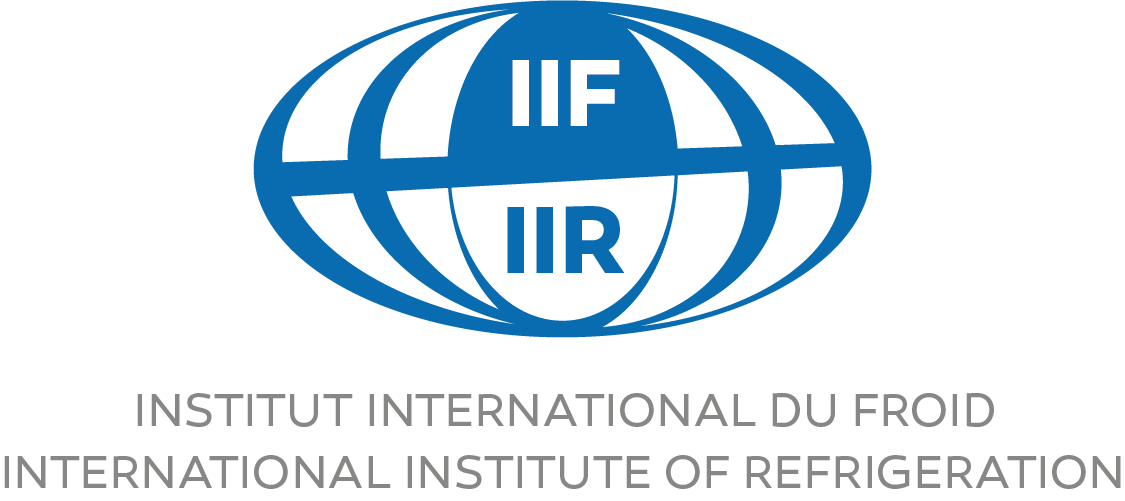The African air-conditioning market has been steadily growing. According to CLASP (the Collaborative Labelling and Appliance Standards Programme), Africa’s market for new split room air conditioners has grown at about 5% annually since 2016. In 2018, the market size for room air conditioners (RAC) in Africa was estimated at about 2.8 million units. [1] In 2021, JARN estimated the size of the African RAC market to be 3.34 million units. [2]
The rising number of RACs will contribute to increase energy demand along with the use of refrigerants, many of which are highly damaging to the ozone layer and the global climate. Indeed, according to a CLASP report, RACs containing HCFC-22 still account for about half of RAC sales in the African market (47%). [1]
Therefore, it is imperative to introduce a wide range of ozone- and climate-friendly cooling solutions. To that extent, GIZ Proklima has launched the ROCA (“Refroidissement respectueux de l'Ozone et du Climat en Afrique de l'Ouest et Centrale”) project, co-funded by the European Union and the German Federal Ministry for Economic Cooperation and Development (BMZ). [3-4] The ROCA project aims to promote environmentally friendly cooling and expedite compliance with the Kigali Amendment obligation in four francophone African countries: Burkina Faso, Cameroon, Mali and Senegal. The project started in April 2021 and will run until March 2024.
The ROCA project includes the following measures:
- Analysing the cooling demand and performing inventories of the current RAC sector in partner countries.
- Advising governments, based on the RAC inventories and the assessment of existing policies.
- Training RAC technicians in the safe handling of natural refrigerants. Organising regional workshops on climate finance and business models to promote accelerated adoption of environmentally friendly and energy-efficient appliances using natural refrigerants.
- Setting up pilot projects using sustainable cooling technologies.
